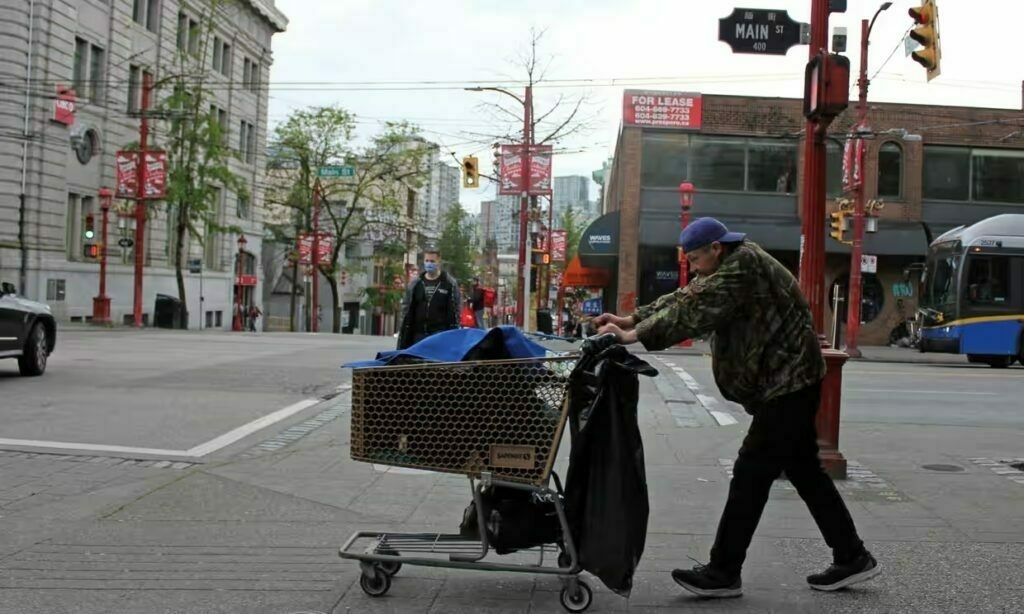Poverty is expensive. Cash helps homeless people.
Real-world studies such as this are important for busting myths about homeless people spending money recklessly compared to the rest of us.

The widely held stereotype that people experiencing homelessness would be more likely to spend extra cash on drugs, alcohol and “temptation goods” has been upended by a study that found a majority used a $7,500 payment mostly on rent, food, housing, transit and clothes.Source: Canada study debunks stereotypes of homeless people’s spending habits | The GuardianThe biases punctured by the study highlight the difficulties in developing policies to reduce homelessness, say the Canadian researchers behind it. They said the unconditional cash appeared to reduce homelessness, giving added weight to calls for a guaranteed basic income that would help adults cover essential living expenses.
[…]
They found the cash recipients each spent an average of 99 fewer days homeless than the control group, increased their savings more and also “cost” society less by spending less time in shelters.
[…]
Researchers ensured the cash was in a lump sum “to enable maximum purchasing freedom and choice” as opposed to small, consistent transfers.